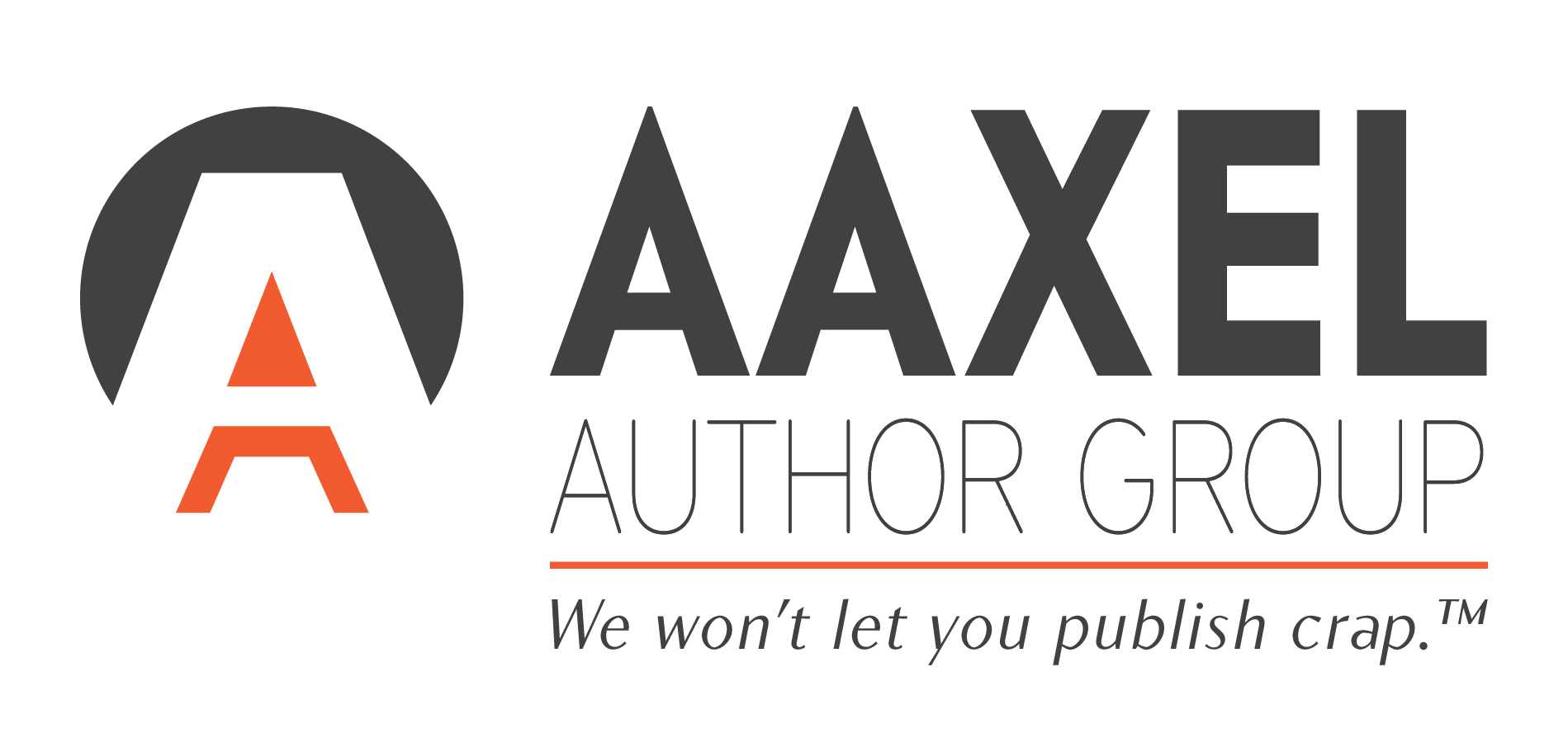The Worst Clichés to Avoid in Fiction Writing
The bane of any writer’s existence is knowing that every story has been told before. From Shakespeare to today’s contemporary writers, stories are all adaptations and interpretations of the many that already exist. Truly original ideas are a rarity and every writer thinks they’ll write the next one.
This creates a navigational disaster of clichés no one wants to associate with. Traditionally, a cliché is a turn of phrase that has been used over and over and over again. It may have been revolutionary the first time it was used, but its frequent use has stripped it of all meaning and makes it tacky.
Clichés have now expanded to encompass more than just turns of phrases. When writers, critics, and readers refer to an aspect of the story being clichéd, they may be referring to a clichéd trope. A trope refers to an idea, theme, or motif that is a staple throughout many genres.
In short, clichés are considered lazy writing, but avoiding them is not as easy as it might seem. Luckily, we’ve put together a list of the worst clichés to avoid.
4 of the Worst Clichés to Avoid
1. Love Triangles
Who hasn’t heard of a love triangle? Love triangles are one of the most overdone tropes across literature and film, and its mark on romance has been prevalent throughout history. Stories about love triangles date as far back as the tales of King Arthur, and possibly even further with the ancient Greek.
The problem with this literary staple lies in the poorly executed and overdone formula that defines the typical love triangle, and the lack of originality and complexity brought to it. The typical love triangle sees two men vie for the affections of one woman, or two women fighting over one man—essentially B and C love A, and A must choose between B and C. It’s not to say that a love triangle can’t be done well—it can—but writing this trope into a story tends to scream lazy and cliché.
2. “Mirror, mirror on the wall”
Not to be confused with the famous quote from Snow White, but this next cliché has no name to sum it up. The “mirror, mirror” cliché is a descriptive technique predominantly used in first person narration, where a reader is first introduced to a protagonist through a list of descriptors the character uses as they look at themselves in a mirror.
Here’s an example of what that might look like:
I brushed my long, brown locks in the mirror. My piercing blue eyes stared back at me as I contemplated what to do with my makeup. My skin was pale, and my nose tiny and pointed…
This technique might have been interesting the first time it was used, but it no longer is and often bores a lot of readers. It’s best to just avoid this one.
3. The Wake Up
The “wake up” start to a book seems like a logical place to begin a story. Our days begin with us waking up, and what better way to establish a protagonist’s norm than them getting on with their day? However, this technique stalls the pacing of a book and prolongs the actual beginning of the story. No one really wants to read about a character waking up, brushing their teeth, eating breakfast and making their way to school or work. It’s a dull beginning that’s been overdone, and a guaranteed way to lose a reader’s interest before they can get into the book. Unless your character is waking up from a thirty-year coma, find another way to hook your reader.
4. Good vs. Evil
This cliché is a tricky one. The good versus evil trope, the staple of the hero’s journey, is a story as old as time, but—and this is what makes it tricky—it has the potential to turn out exceptionally bad. A poorly executed good vs. evil trope sees characters and situations as two-dimensional. The fact is, characters are fictional people, and people are a lot more complicated than a 2D character, and situations are rarely just black and white.
These are just some of the many clichés that exist across literature, and navigating them can be difficult. That’s why we offer manuscript support to authors looking to fine-tune their stories. To find out more about our manuscript support services, reach out and we can help guide your story in the right direction.
If you have managed to avoid all these clichés and are ready to publish, contact us to get started
